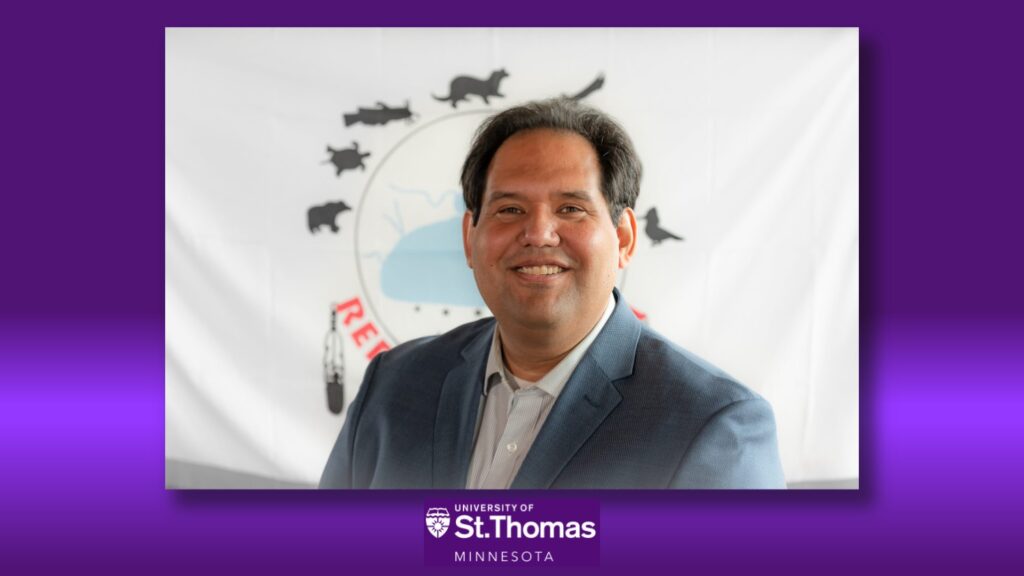This “Outside Consultant” column by Nicole Zwieg Daly, adjunct professor of business law and executive director of the Melrose and The Toro Company Center for Principled Leadership at the Opus College of Business, ran in the Star Tribune on March 29, 2021.
In the “real world,” making ethical decisions is less about following theoretical formulas and more about identifying and managing emotions, visceral reactions, organizational financial pressures and politics, and potential personal loss of a job, economic security and insurance for one’s loved ones.
Theory versus practice is a long-standing dichotomy. Best case scenario: Theory should inform practice, and vice versa. However, it is all too common that theories are taught without connecting to actual experience. Why? Because a real experience requires authentic emotions. Authentic emotions cannot be replicated by a case study or faux negotiation class exercise. Therefore, the best I can do is share two ethical decision-making theories to increase your awareness of what can happen during the ethical decision-making process, and hope you actually make the connection in the “real world” when your decision has “real-world” consequences.
First, let’s discuss ethical fading. Ethical fading occurs when the circumstance shifts from a hypothetical to a real situation. In a hypothetical setting, most individuals assert their values and make the ethical choice. However, in a real situation, focus may shift toward other aspects like profitability, political loyalty or winning, which may become more important than said hypothetical ethical position.
Second, let’s review the concept of moral disengagement. Moral disengagement occurs when an individual convinces himself/herself that their activities are less harmful than another’s, and therefore, ethical standards don’t really apply to their situation. For example: Corporate executives may believe that it is less egregious to externally post jobs in accordance with federal law while already identifying the internal candidate to fill that position in comparison to executives embezzling millions of dollars. In fact, both acts are unethical.
Ethical fading and moral disengagement help people minimize the guilt they feel from violating their ethical standards. When faced with your next workplace ethical issue, recall the aforementioned theories to help inform your decision-making process. Being aware of what can lead you in the wrong direction will ultimately help lead you onto the right path.
Nicole Zwieg Daly is adjunct professor of business law and executive director of the Melrose and The Toro Company Center for Principled Leadership at the University of St. Thomas Opus College of Business.







